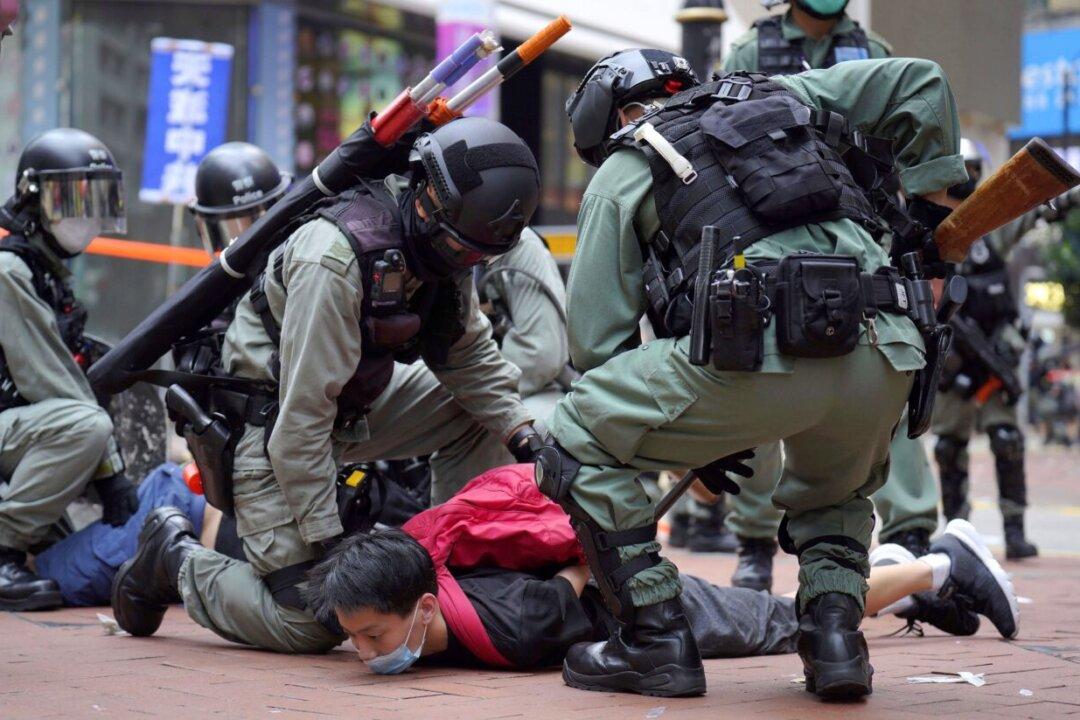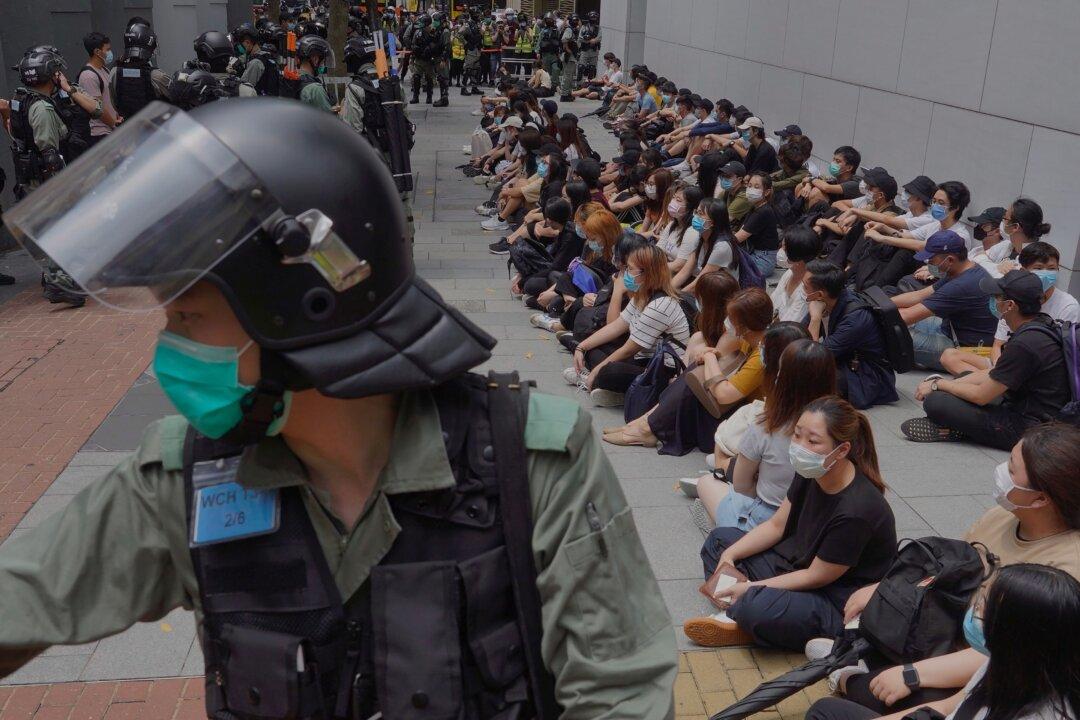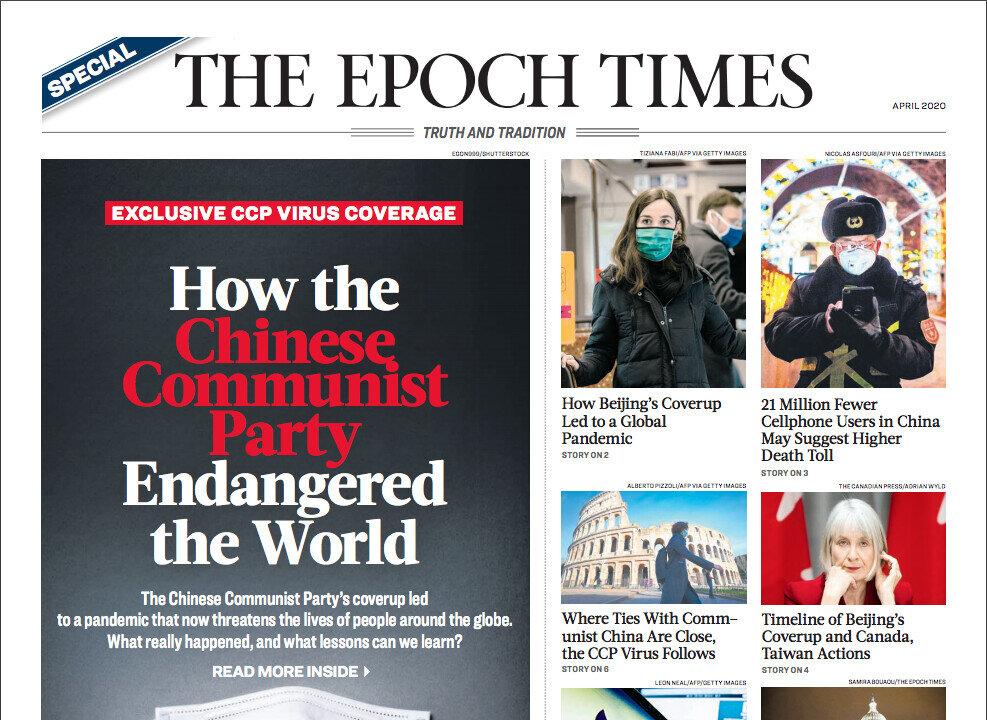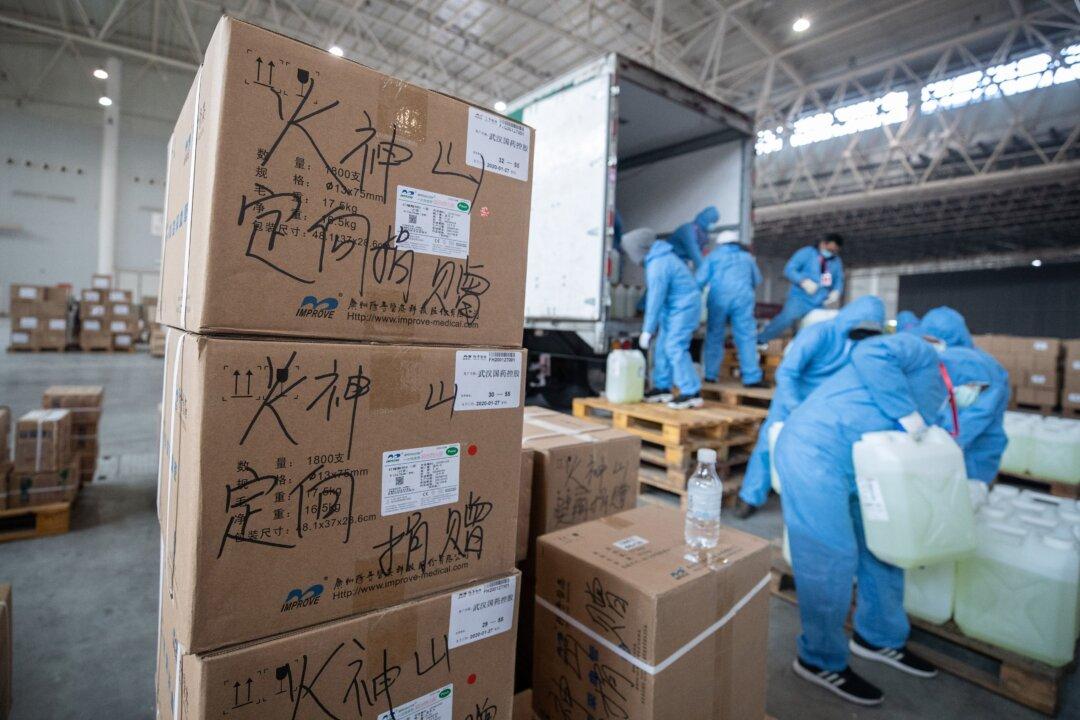The Chinese regime’s approval of highly controversial security legislation in Hong Kong that triggered an outcry around the world and mass protests in the territory is being supported by pro-Beijing groups in Canada.
The new law, which makes it a crime to undermine Beijing’s authority in the territory, mainly targets four areas: subversion of state power, division of the country, terrorist activities, and interference by external forces.




